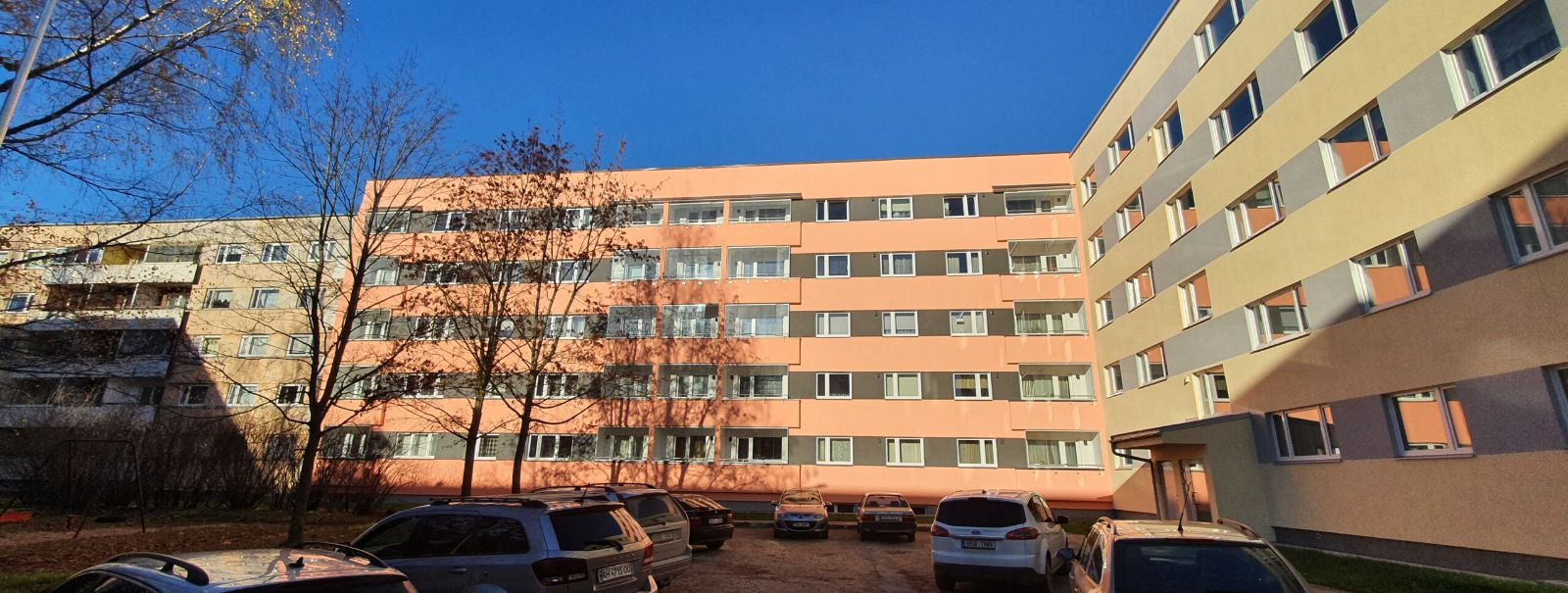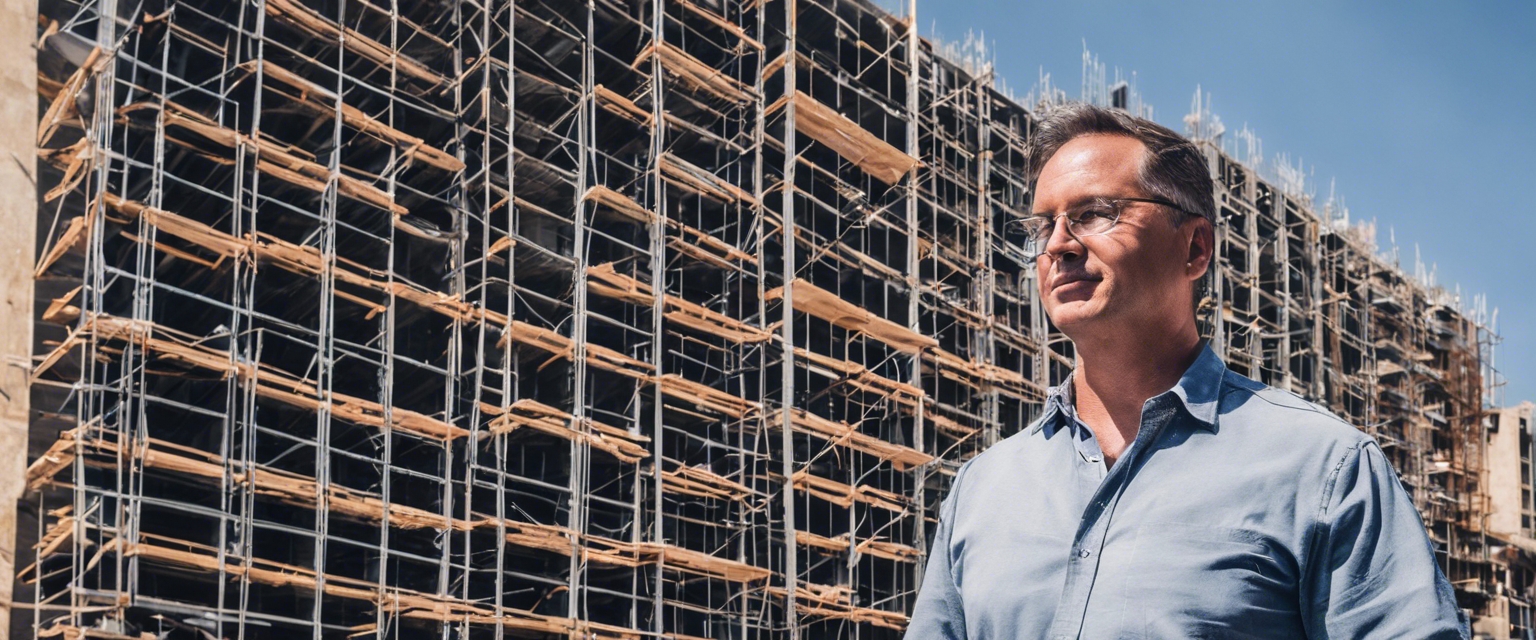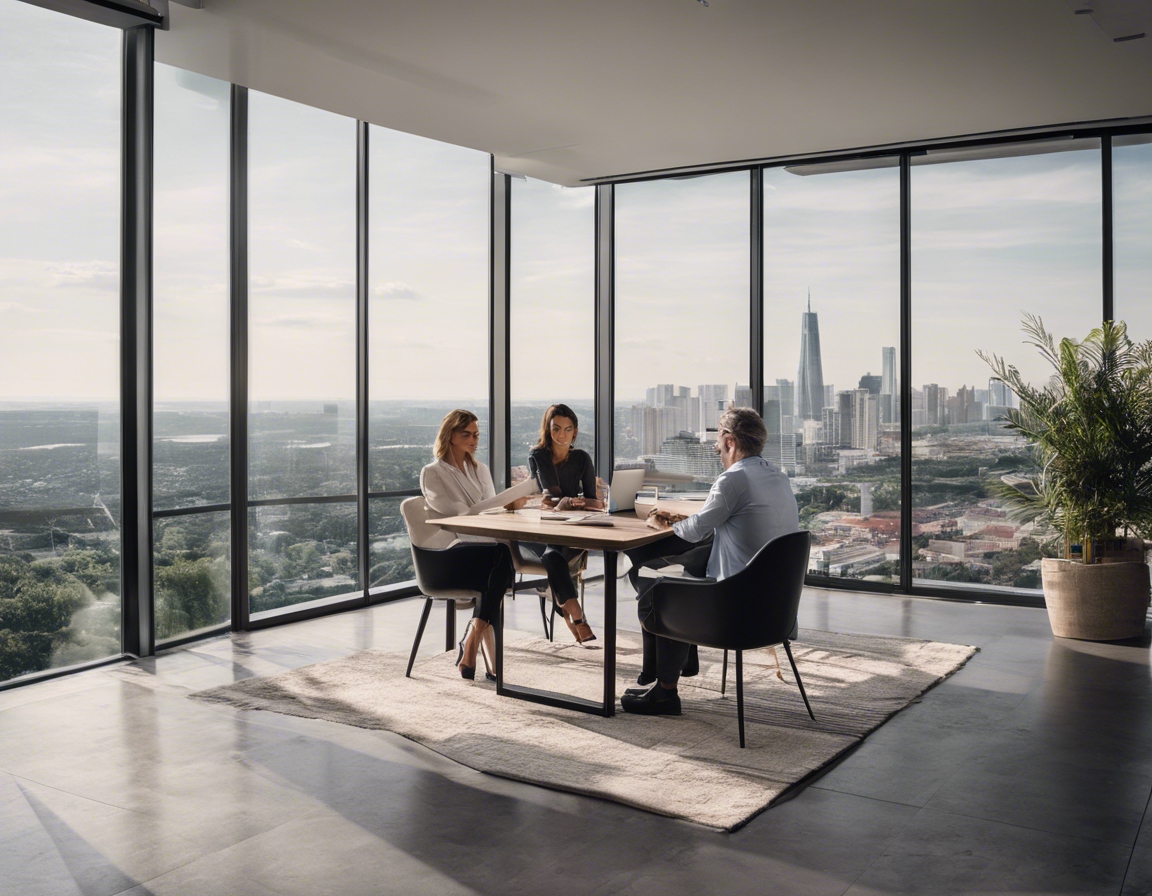Navigating the legalization process for apartment buildings
The legalization process for apartment buildings is a critical step in ensuring that properties meet all necessary legal standards and regulations. This process is particularly important for older buildings that require modernization to enhance their value and sustainability. Understanding and navigating this complex process can be daunting, but it is essential for property management companies and apartment associations aiming to comply with legal requirements and improve their buildings.
Understanding Legal Requirements
Building codes and regulations are the foundation of the legalization process. These codes ensure that buildings are safe, accessible, and energy-efficient. Compliance with these codes is mandatory, and failure to adhere can result in significant legal and financial repercussions.
Zoning laws dictate how land can be used and what types of buildings can be constructed in specific areas. Understanding these laws is crucial for apartment associations and property managers, as they impact the scope and nature of any renovation or modernization project.
Environmental compliance involves adhering to regulations that protect the environment. This includes managing waste, reducing emissions, and ensuring energy efficiency. Compliance not only helps in legalizing buildings but also contributes to sustainable living, a key interest for many property stakeholders.
Steps in the Legalization Process
The first step in the legalization process is conducting a thorough assessment of the building. This involves reviewing existing documentation, identifying areas of non-compliance, and planning necessary upgrades or renovations.
Engaging with local authorities is a critical step in the legalization process. This involves submitting necessary documentation, discussing compliance issues, and understanding the specific requirements for legalization in your area.
Securing the necessary permits and approvals is essential for any renovation or modernization project. This step ensures that all planned work is legally sanctioned and meets the required standards.
Common Challenges and Solutions
Bureaucracy can be a significant hurdle in the legalization process. Navigating through complex paperwork and procedures requires patience and a clear understanding of the legal landscape.
Non-compliance issues can arise from outdated building practices or changes in regulations. Addressing these issues promptly and effectively is crucial to avoid legal penalties and ensure the safety and efficiency of the building.
Managing the costs and timelines of the legalization process is essential for successful project completion. This involves budgeting for necessary upgrades and ensuring that all work is completed within the stipulated timeframe.
Importance of Professional Guidance
Legal experts play a vital role in the legalization process. They provide invaluable guidance on compliance issues, help navigate bureaucratic challenges, and ensure that all legal requirements are met.
RENOVEERIMISPROJEKT OÜ offers expert services to help apartment associations and property management companies navigate the legalization process. With extensive experience in building renovation and legal compliance, they provide reliable support to ensure successful project outcomes.






Comments (0)